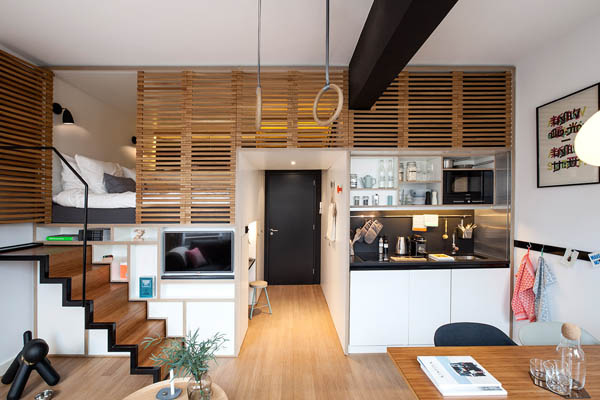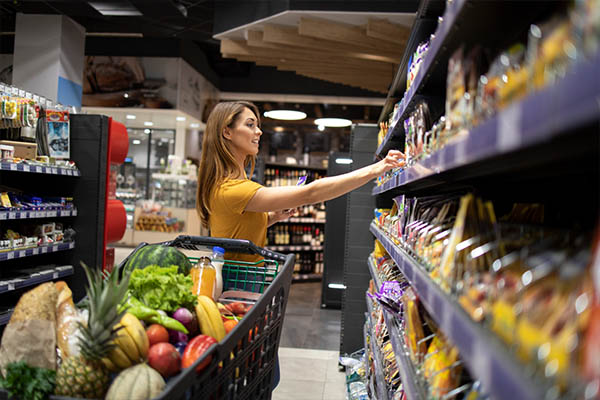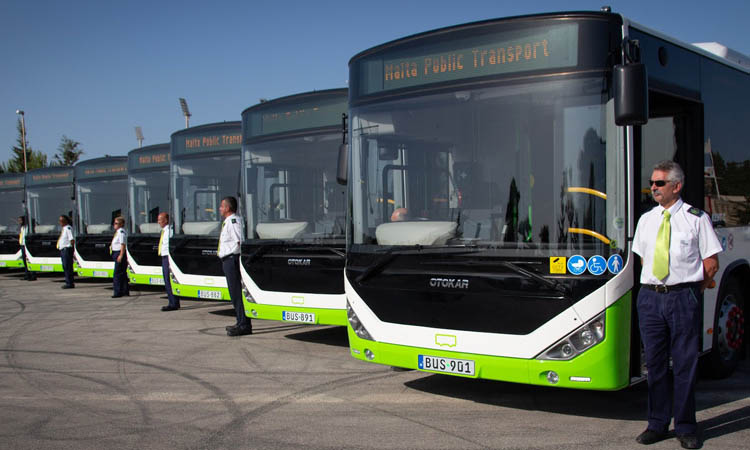Cost of Living in Malta for International Students
Malta is a beautiful country in Europe. The country boasts a fully-fledged economy and a stable social and political environment. In recent years, it has evolved into a hub of education for overseas students. If you have secured enrollment in any institutions in Malta, it is essential to consider all aspects of living there. It will give you a fair idea of the cost of living in Malta.
The average living expenses in Malta vary between €300 to €700 per month, depending on the chosen area and accommodation size. Accommodation is a significant expense for students, consuming a major portion of their income.
Nevertheless, this picturesque land has a lot to offer to international students to ensure that their stay and study in Malta remain comfortable. Should you encounter any difficulties in finding accommodation in Malta, the doors of universities are always open to you. You can seek assistance from the university’s foreign office at any time. Additionally, Oliasi student accommodation is available to help you. We provide cozy living spaces in Malta at affordable prices.
Cost of Studying in Malta for International Students
The major expenses for students include food, transportation, and accommodation. Turning to tuition fees in Malta, they are free for Maltese and EU students. For students from non-EU countries, tuition fees range between €1080 per semester to €2000, depending on the course and institution. Science and research courses tend to have slightly higher tuition fees. However, tuition fees do not vary significantly based on the level of study or the university, in Malta.
The cost of accommodation in Malta ranges from €300 to €700 per month, depending on the city, location, and type of lodging. Food is not expensive in Malta. The average cost of food in the city ranges between €300 and €400 per month.

Under the Bologna Process, the education department of the Malta government, universities, and schools run different scholarship programs to foster affordable education for talented international students, along with leveraging them to work part-time. All these together make the cost of studying in Malta budget-friendly for international students.
Cost of Students Accommodation in Malta
- University Accommodation: Higher education institutions in Malta provide accommodation facilities to students at a low cost in the campus proximity. It is a co-living space having facilities on sharing basis, such as laundry, library, play areas, etc. These accommodations help students socialize with their fellows and seniors. Also, they are easy to find.
- Studio Apartments: It is a common and popular accommodation in Malta. Students who prefer privacy chose this. It is privately owned and includes facilities like a kitchen, washroom, study area, and common area. In a studio apartment, residents incur the maintenance cost. Additionally, these apartments often have internet and security facilities but are charged separately. The average rental of this space ranges between €500 to €800. To reduce its cost, students share the property with a room partner; nevertheless, finding a room partner in a foreign land is not as easy.

- Shared Apartments: The shared apartment is usually 2-3 BHK apartments. It is the most preferred Student accommodation in Malta. The benefit of living in this apartment is you can share the space with other international students and get a chance to learn different cultures and languages. Its average cost is between €300 to €600 per month, depending on the level of furnishing in the house and the number of occupants.
- Homestay: This accommodation is ideal for students eager to learn the Maltese and English languages and immerse themselves in the local culture. In this arrangement a student stays with a Maltese family in a separate room. Residing in this housing option gives students the opportunity to master both Maltese and English while forging deeper connections with their host family members.
Most Common Phrases & Abbreviations in Malta
- Appartament :1,2,3 BHK flat or apartment in a large residential building.
- Għoli/tarf: Ground floor of a building
- Kamra doppja: Double room
- Bil-kull ċomfort/mod kondiviż : Fully furnished
- Kbir/għoli Spacious
- Bil-miktub :Written agreement/contract
- Depożitu :Deposit
- Kont tal-kera:Rental contract
- Kera :Rent
- Ħlas/telf ta' elettriku :Electricity bill
- Kont tal-banek :Bank account
- Lura mill-konvenjenz/a :Close to amenities
- Xogħolija :Maintenance

Cost of Food and Groceries in Malta
- Nobody can resist the craving for savouring Maltese food in Malta, and Maltese eateries do not disappoint visitors. They present diverse culinary options inspired by Mediterranean locations. Eating out at budget hotels can cost around 8-15 euros/per meal, while at gourmet hotels and famous eating joints, it can range between 15-30 euros/ per meal.
- The average monthly grocery cost for an individual in Malta range around 150-250 euro per month/person. It includes essentials like fruits, vegetables, rice, pasta, meat, oil, dairy, and pantry.
- Fast casual, ghost restaurants, and fast food outlets are affordable eateries in Malta and are plenty in the city. The food here costs 8-15 euros per meal/person.

- The local shops in Malta are a great option to buy groceries. They are cheap and keep most stuff. Supermarkets like gs groups of supermarkets, Scotts, and Tower stores are also affordable. For fruits and vegetables, there is nothing better than local vendors.
Cost of Transportation in Malta
- The island country is small; therefore, transportation is not a challenge here. Also, it has got well-managed public transportation system within the country. It includes public buses, ferries, taxis, car rentals, and bicycles.
- The cost of transportation varies according to the chosen mode. Public buses are commonly used in the country because of their affordability, connectivity and frequency. Tallinja is a monthly bus pass for all citizens of Malta. It gives unlimited free rides to the cardholders. International can also have one by submitting a few documents. It helps save lot of cost on transportation.
- Bicycle is another pocket-friendly mode of transportation among students. Some universities and student organizations run bicycle-sharing programs for students. Its rental fee varies between €5-€15 per day.

- The range of accommodation is €300 to €700 per month here. Food is not expensive when not eaten outside. The average food cost in the city is between €300-€400. So, collectively the average cost of living in Malta for students lands to approximately €2000 to €3500, including tuition fees.
